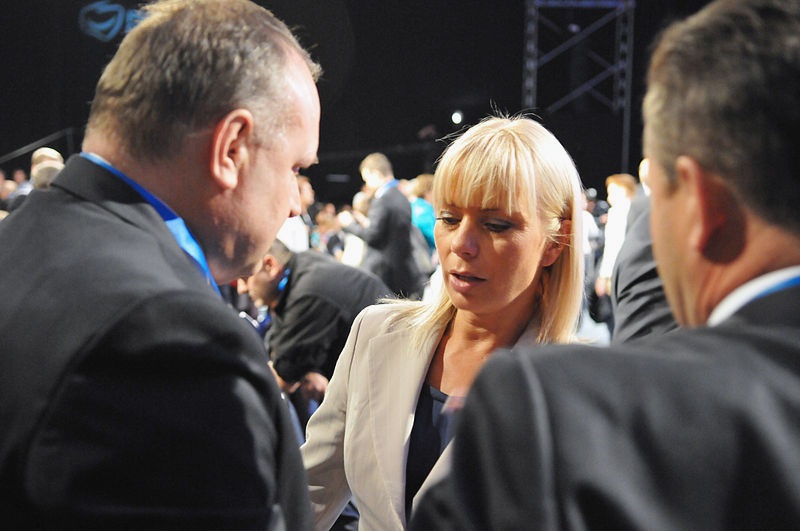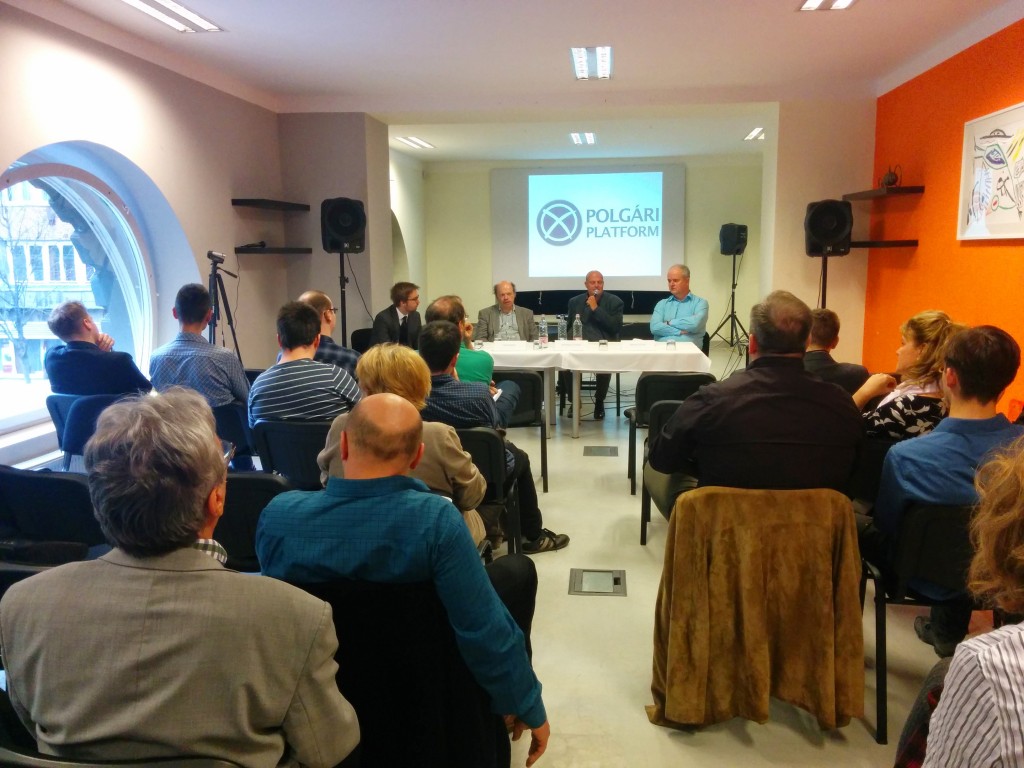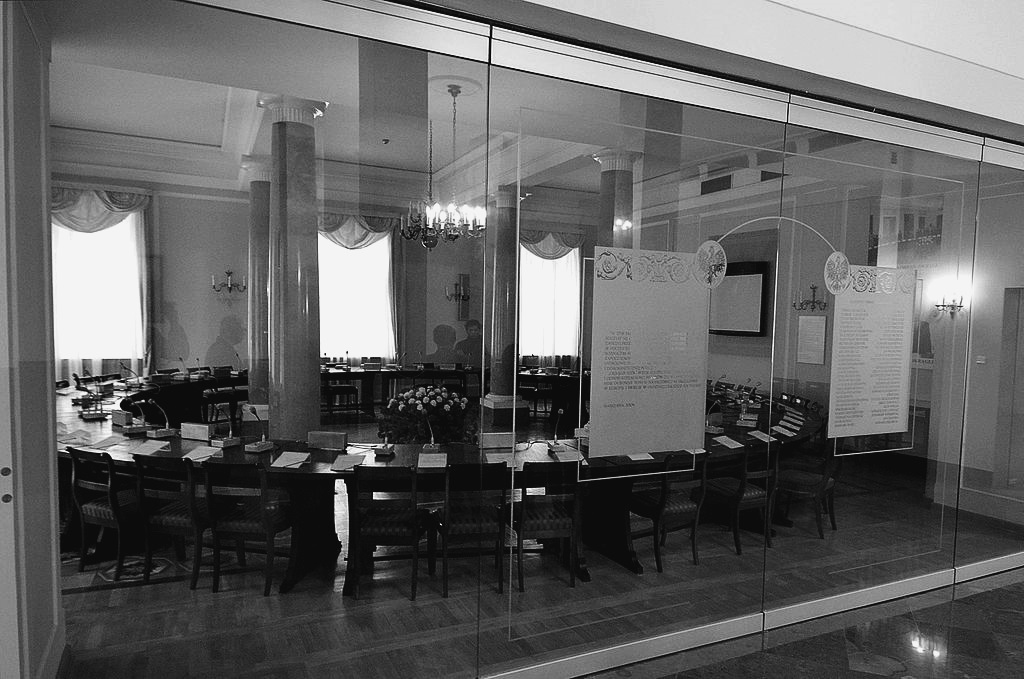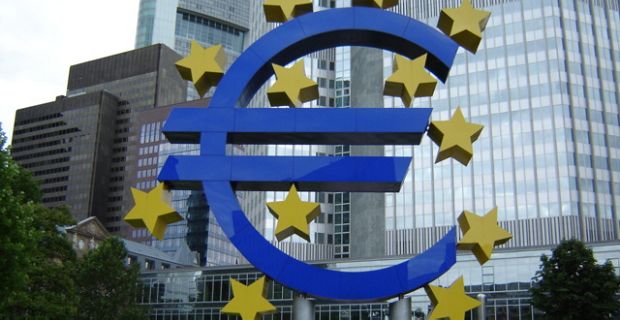
Zoltán Kész – A Hope for Hungary
BY
Mate Hajba / December 23, 2014
Fidesz got so detached from reality and from its voters that the government can no longer assess how far it can go. Fidesz\'s attempt to tax the Internet was the last straw.











